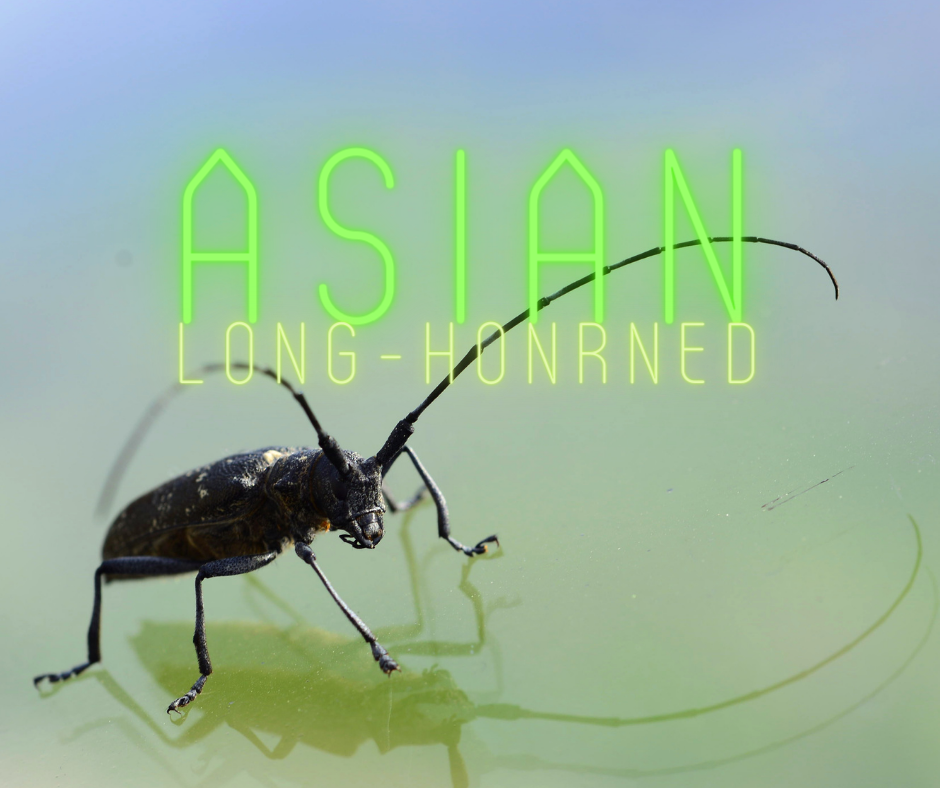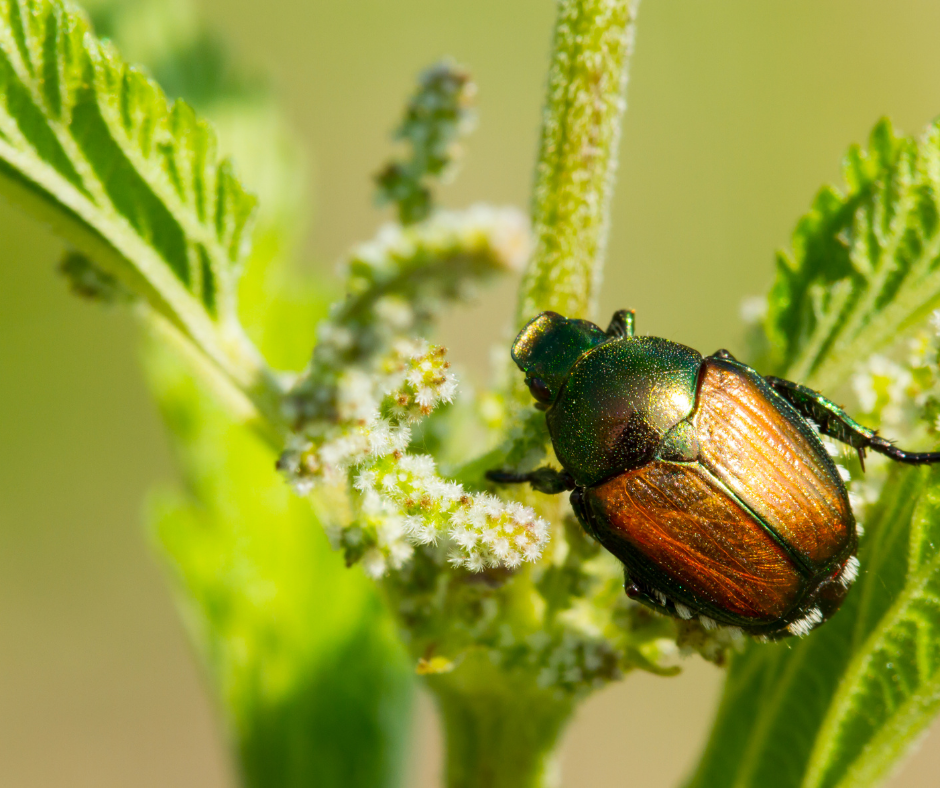Beware of the Spotted Lantern Fly:
The spotted lantern fly is a new invasive insect that has been rapidly spreading through New Jersey and its neighboring states. This exotic pest was first detected in Pennsylvania in 2014, where it has since caused ecological, economic, and regulatory problems. The primary host of the SLF is tree-of-heaven (Ailanthus altissima), but it will also feed on many other plant species including important agricultural ones such as grapes and fruit trees. In addition to feeding damage, honeydew released by the spotted lantern fly attracts ants and can lead to sooty mold growth. At this time, there is no effective method for controlling or eradicating the SLF. As a result, New Jersey residents should be aware of this pest and report any sightings to the Department of Agriculture.

The spotted lantern fly is a serious threat to New Jersey agriculture. This invasive insect feeds on a wide variety of crops, including grapes, fruit trees, and other plants. The honeydew released by the lantern fly attracts ants and can lead to sooty mold growth, which can damage crops. In addition, the Spotted Lantern Fly is difficult to control or eradicate due to its wide host range and lack of effective control methods. As a result, New Jersey residents should be aware of this pest and report any sightings or contact us at Victorias Pest Control to help confirm.
The larvae are black with white spots and have waxy filaments protruding from their bodies. Adults are glossy, reddish-brown or grayish insects that are approximately 1 inch (25 mm) long; they often have wings but cannot fly. Spotted Lantern Fly can be easily distinguished from other similar-looking species of planthoppers by the spotted pattern on its abdomen combined with its large size and bulging eyes. The spotted lantern flys overwinter as eggs that hatch in April to produce new generations throughout the summer months. The adults will begin laying eggs again in September, which will then hatch into new spawn in October and November.

The Spotted Lantern Fly was first detected in Pennsylvania in 2014 where it has caused numerous ecological and economic problems. Since then, the SLF has rapidly spread to New Jersey and other neighboring states. This invasive pest is a serious threat to New Jersey agriculture due to its wide host range and lack of effective control methods. The best way to prevent the spread of this pest is to be aware of its appearance and report any sightings to the Department of Agriculture.
If you think you have spotted a spotted lantern fly, please take a photo if possible and report it to the Department of Agriculture by calling 609-406-6939 or emailing slfinfo@njaes.rutgers.edu. Do not attempt to control this pest yourself as you may unintentionally spread it to new areas. For more information on the spotted lantern fly, please visit the New Jersey Department of Agriculture’s website: https://www.nj.gov/agriculture/divisions/pi/prog/slffactsheet.html.
Call the professionals at Victoria Pest Control to come to assess your pest control needs.



Recent Comments